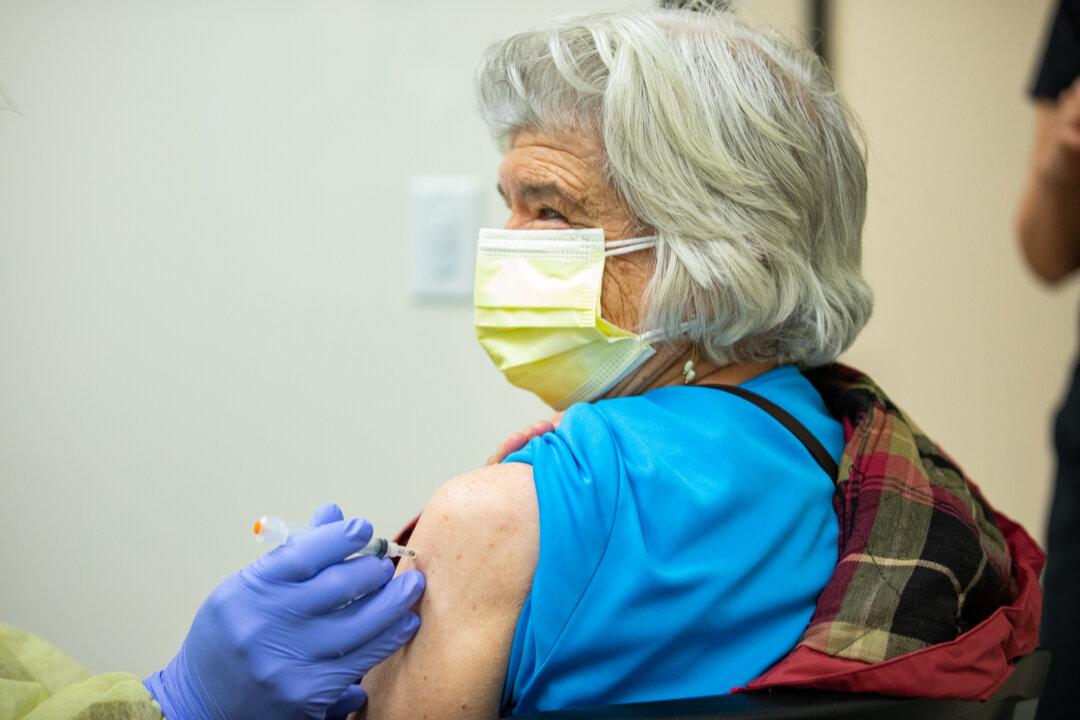Getting a COVID-19 vaccine will not impact people’s life insurance policy payout in the event of death, according to the American Council of Life Insurers (ACLI), a trade association that represents the life insurance industry in the United States.
“Life insurance policy contracts are very clear on how policies work, and what cause, if any, might lead to the denial of a benefit,” Paul Graham, senior vice-president of ACLI said in a press release. “A vaccine for COVID-19 is not one of them.”





